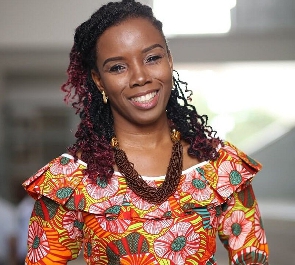Head of the Department of Orthotics and Prosthetics at the University of Health and Allied Sciences (Ho), Prof. Elsie Kaufmann, has warned that more problems will be created for the future if Ghanaians do not stop forcing young science students to begin inventions.
She says that the pressure is leading some to create gadgets even without basic scientific understanding.
Prof. Kaufmann explained that science education at the basic and secondary education level was aimed at giving students a solid foundation in their understanding of scientific concepts, hence, pressure on such students to become young inventors were unwarranted.
Speaking on Citi TV’s Point of View show on Wednesday, she stressed that there was the need for those in the sciences to have a proper foundation with the theories before they move on with inventions.
“There’s a reason why there’s progression of knowledge in the educational system… there’s a new trend of people wanting everyone to start inventing without consideration for the fundamentals and that is a problem. If we go in that direction and we are not careful, we might end with people who are interested in producing gadgets using try and error without any scientific basis and I’ve begun seeing some of those. The science foundation is extremely important. We need to make sure that our students have the basic foundation upon which they can build to apply,” she emphasized.
The quiz mistress for the popular National Science and Maths Quiz bemoaned the manner in which science education was undertaken at the basic and secondary school level.
She said that it lacked experimentation activities that will help students have a full grasp of the theories they were being taught.
She said that the situation has left students with “no deep understanding” of the science theories they have been introduced to.
Prof. Kaufmann wants science tutors to adopt a more practical approach in their method of teaching.
She, however, maintained that even if experimentation of scientific theories become the norm in basic and secondary schools, Ghanaians should not expect its students to begin creating inventions and innovations.
“What is missing is the method that we can use to make these foundations easily understood. Right now, what most teachers are doing is basically going to class, rattling what the law is, and moving on. There is no deep understanding because they do not demonstrate the process through practical means. At the levels we have gotten to now, I am expecting that the experimentation they are doing is meant to augment the theory they are being given but not to expect all the way new products to be developed at the basic school. It doesn’t happen that way,” she added.
General News of Thursday, 1 April 2021
Source: universnewsroom.com













